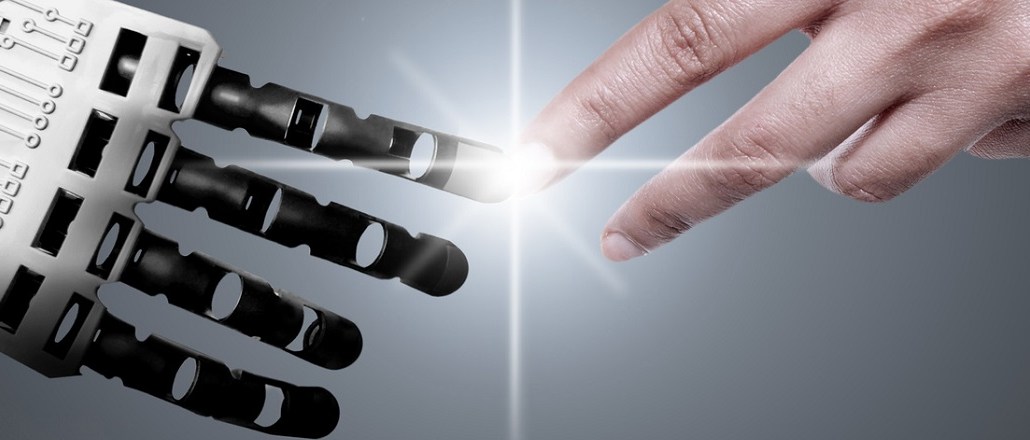‘Be nimble’: What Kia, Marriott and others have learned from using chatbots for customer service

Brands of all stripes have tried to capitalize on the rise of chatbots, coming up with everything from beauty advice and cocktail recipe bots to financial assistant bots. But given the sheer volume of inquiries brands get on their social channels, these automated interfaces have perhaps been most useful for brands’ customer service initiatives.
“Brands can use deep learning algorithms on top of their customer service logs through these chatbots to provide personalized responses in real-time,” said Mikhail Naumov, president and co-founder at DigitalGenius. “Chatbots are very useful for customer service when done right.”
We asked four brands to share their biggest takeaways from using chatbots for customer service.
Kia Motors
Kia launched NiroBot in November 2016, tied to the introduction of its hybrid utility car, the 2017 Niro. The bot made its debut on Facebook Messenger, delivering instant access to a wide range of product information about the new car, from interactive product modules to step-by-step tutorials. But more importantly, it let consumers schedule test drives in advance and also gave them easy access to a live Kia representative at any time during engagement. Within two months, Kia saw half a million engagements through the bot, so much so, that it also debuted its Super Bowl spot this year on the NiroBot.
“The key to success is for the bot to recognize when the customer does need a human touch, and to connect that customer with the right person in a seamless manner,” said David Schoonover, head of digital, social and CRM at Kia Motors America. “It benefits both the call center and the customer — it allows the call center to focus resources on customers that may need additional assistance, and allows the customers to get fast and easy answers, complete with visual guidance and links if necessary.”
Marriott Rewards
Marriott has had previous iterations of chatbots, but it launched its Marriott Rewards chatbot geared for customer service on Facebook Messenger in late September 2016. During the first couple of months, the aim was to make it easier for customers to link their Marriott and Starwood rewards accounts, after the two companies had merged. But with substantial month-over-month growth in the number of users, the hotel chain is all set to introduce new functionalities next month, including a hotel search feature that will direct users to its website to make instant bookings and a subscription-based-integration with Traveller, its own in-house digital magazine.
The biggest takeaway for the brand, according to Amanda Moore, senior director of social and digital marketing at Marriott, was the importance of setting consumer expectations and clearly defining the chatbot’s role. “Our consumers knew what they were coming to us for,” she said. But that doesn’t mean that those expectations are unchanging — the brand knew what its consumers were asking for and is iterating to give them exactly that.
“You have to listen to the feedback and take action,” she said. “The feedback is immediate and you need to be nimble in implementing changes and continuously improving.”
KLM
KLM introduced a Facebook chatbot in March 2016, giving consumers automated updates around checking in and flight delays as well as access to their boarding passes. But the sheer volume of customer service inquiries it receives on its social platforms pushed it to try to find new ways to marry machines with human intelligence in tackling such questions. KLM’s 200-plus customer service agents began using machine learning tech from DigitalGenuis in September 2016, which peruses over historical data before coming up with automated responses. The agents can then edit these automated responses, just to add that personal touch when required.
For KLM, such AI has helped tackle the deluge of queries. But it has realized that brands must not come off as mere service providers, it’s important to maintain a human touch too. “Robotics has a cold feel to it, people think it’s about efficiency, automation and having less people. But we don’t see it as a substitute for human interaction, just a way to improve it,” Tjalling Smit, the airline’s senior vice president of digital, told Digiday. “People want a personalized answer, for example dealing with compliments is hard for an AI system.”
Expedia
Expedia was also one of the early entrants, launching its own Messenger chatbot last spring in an effort to be a part of the travel decision-making process early on. The Expedia bot is basically a hotel search tool that takes in a location and date and finds users five different options, prompting them to visit the Expedia site to actually make the booking. People, however, have come to expect the resolution of customer service inquiries on bots like these, so the brand has plans to bring in such functionalities down the line.
“Through test and learn, we will understand how travelers are engaging with our chatbots and start layering on additional functionality to meet their needs,” Scott Crawford, Expedia’s vp of product management, told Digiday. “Clearly defining what role the chatbot will have in the booking process is key to retaining the user’s attention.”
More in Marketing

Star power, AI jabs and Free Bird: Digiday’s guide to what was in and out at the Super Bowl
This year’s Big Game saw established brands lean heavily on star power, patriotic iconography and the occasional needle drop.

In Q1, marketers pivot to spending backed by AI and measurement
Q1 budget shifts reflect marketers’ growing focus on data, AI, measurement and where branding actually pays off.

GLP-1 draws pharma advertisers to double down on the Super Bowl
Could this be the last year Novo Nordisk, Boehringer Ingelheim, Hims & Hers, Novartis, Ro, and Lilly all run spots during the Big Game?





